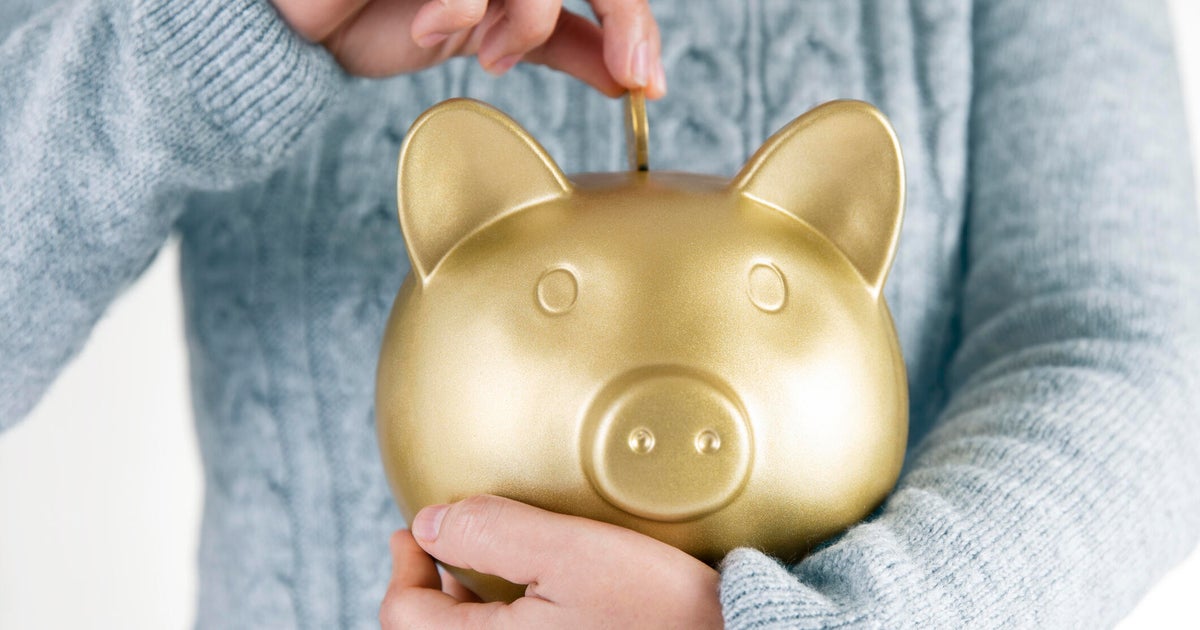

No response returned

With economic headwinds and an uncertain outlook for the remainder of 2025, is paramount for financial security. Spreading your wealth across different asset classes helps protect against inflation and market downturns that could erode your savings.
These days, gold stands out as a . Its price soared past in April. The impressive climb comes as central banks buy the precious metal at unprecedented rates, showing strong faith in it. While gold offers many benefits in unpredictable times, experts say investors should before entering the market right now. Below, we'll detail five important items to consider.
.
Despite gold's meteoric rise, Brandon Aversano, CEO of The Alloy Market, encourages investors to be mindful of market corrections that could affect prices in the coming months. Beyond that, here are five other things to know:
Henry Yoshida, CEO and co-founder of Rocket Dollar, a fintech platform helping investors tap alternative assets as a vehicle for retirement, warns against viewing gold primarily as a growth investment despite its recent price surge. "Gold is a safety asset that [people hold] for defensive purposes," he says. "[Know] that [it's] a diversifier to your portfolio, not a substitute for public equities."
Gold's non-correlation with stocks gives it unique protective power in your investment mix. When stock markets tumble during economic uncertainty, the . This relationship helps shield your total wealth during market downturns. If the retreats below the $2,900 level we saw in late 2024, Yoshida suggests it may be a good opportunity to buy the dip.
.
"Central banks are buying gold to reduce reliance on the [United States] dollar," Aversano points out. As they do this, the gold supply shrinks for other uses. For you as an investor, this likely means continued upward pressure on gold prices.
Yoshida notes that central banks tend to be long-term investors. "So, their buys [will] likely continue into the near and intermediate term," he says. This sustained demand creates upside price momentum — a strong signal to consider .
Balance remains crucial despite gold's robust performance. Yoshida advises keeping gold to a .
If you're new to gold investing, he recommends starting even smaller. "You could initiate your position at a low single-digit range, given the current record high price levels," Yoshida says. This cautious approach exposes you to gold's benefits while protecting you from potential price corrections.
The world's most successful money managers continue to allocate big portions of their portfolios to gold, for good reason. "There's no alternative to gold for its diversification characteristics [and] its total lack of geopolitical and counterparty risk," explains Phillip Patrick, a precious metals specialist at gold IRA dealer Birch Gold Group.
Unlike stocks and bonds that face threats from policy changes or company failures, gold typically maintains its value regardless of market conditions. "It's the only universal, historic safe-haven store of value we've discovered," he adds. Through centuries of economic turmoil, gold has consistently preserved wealth when other assets faltered.
"Only physical ownership fully insulates you from default risk," Patrick says. "There's no paper promise to break [and] no balance sheet to audit." While and futures contracts track gold's price, owning gives you outside the financial system.
Remember to plan your exit strategy before buying physical gold, though. "Most investors focus on buying but aren't necessarily planning how to liquidate in the future," cautions Aversano. He recommends researching in advance, especially established online options. When selling physical gold, you can expect to get at least 90% of the metal's current market value.
Even at today's record prices, gold is not a get-rich-quick scheme. "Think of [it] as a form of financial insurance [instead]," advises Patrick. "You need it before catastrophe strikes." But before diving in, consult a trusted financial advisor about your ideal allocation. Yoshida suggests deciding how much you want to invest in gold. Then, dollar-cost average throughout the year. This way, you build your position while reducing the impact of price volatility.
.





